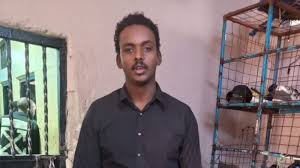Haiti’s transitional government council has appointed Garry Conille as the new prime minister to lead the violence-ridden Caribbean nation.
Conille, who previously held the role briefly from 2011 to 2012, was selected in a 6-1 vote by the council on Tuesday afternoon. Council president Edgard Leblanc and member Fritz Alphonse Jean confirmed Conille’s selection via social media.
The appointment comes as Haiti eagerly awaits the deployment of a Kenyan-led multinational force. This force is tasked with regaining control from powerful gangs that dominate large areas of the capital. The UN-backed security mission, which the United States is supporting logistically but not with ground troops, aims to bolster Haiti’s outgunned police force in its battle against the gangs.
Armed groups have long plagued Haiti with random shootings, kidnappings, and sexual violence, terrorizing the population. The country has been mired in poverty, natural disasters, political instability, and violence for decades. Since the assassination of President Jovenel Moise in 2021, Haiti has had no president and no sitting parliament.
The transitional council came into power last month following the resignation of unpopular and unelected Prime Minister Ariel Henry. Henry stepped down after armed gangs demanded his ouster. The last election in Haiti was held in 2016, and the transitional council has struggled to establish its authority amid widespread shortages of food, mass displacements, and a collapsing healthcare system.
Earlier this month, the main airport in Haiti partially reopened after being closed since early March due to a coordinated rampage by gangs aiming to topple Henry. The urgency of the Kenyan security force’s deployment increased following the announcement that gang members had killed three missionaries, including a Haitian and an American couple.
A major question remains regarding how the gangs will react to the arrival of the Kenya-led force. Haiti, with a population of 11.6 million, has long been afflicted by poverty, political instability, and natural disasters, making it the poorest country in the Americas.

























































